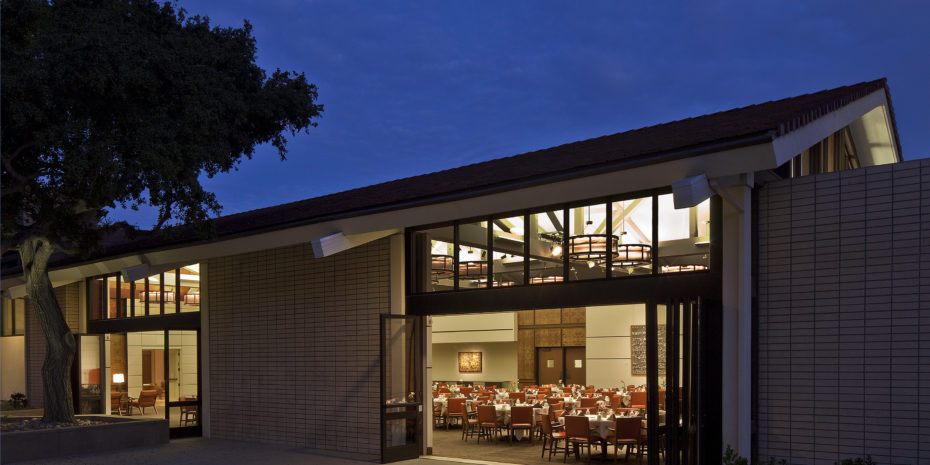The Rise of Executive Federalism
Monday, April 20, 2015
MMC Athenaeum, Claremont McKenna College
Reception begins at 5:30 p.m. Presentation starts at 6:45 p.m. Sign up here.
Modern federalism is the “cooperative” federalism of the New Deal. Politically, that regime has proven stupendously successful in doing what it was supposed to do: expand government at all levels. However, cooperative federalism’s stability rested on peculiar historical conditions: private and public affluence (that is, a general sense that we can afford an ever‐expanding transfer state); tolerably homogeneous states; and a functioning Congress. Those conditions have all ceased to operate, and they are not going to return any time soon. This predicament heralds the rise of an essentially extra‐legal, executive federalism. Avoiding that fate would require a major overhaul of our most basic federalism arrangements.
 Michael S. Greve is a member of the faculty at George Mason University School of Law, where he teaches constitutional law. He was previously a scholar at the American Enterprise Institute and before that was the founder and co‐director of the Center for Individual Rights, a public interest law firm specializing in constitutional litigation. A prolific writer, Greve is the author of nine books and a multitude of articles appearing in scholarly publications, as well as numerous editorials, short articles, and book reviews. He has an M.A. and a Ph.D. from Cornell University.
Michael S. Greve is a member of the faculty at George Mason University School of Law, where he teaches constitutional law. He was previously a scholar at the American Enterprise Institute and before that was the founder and co‐director of the Center for Individual Rights, a public interest law firm specializing in constitutional litigation. A prolific writer, Greve is the author of nine books and a multitude of articles appearing in scholarly publications, as well as numerous editorials, short articles, and book reviews. He has an M.A. and a Ph.D. from Cornell University.


Sorry, comments are closed for this post.